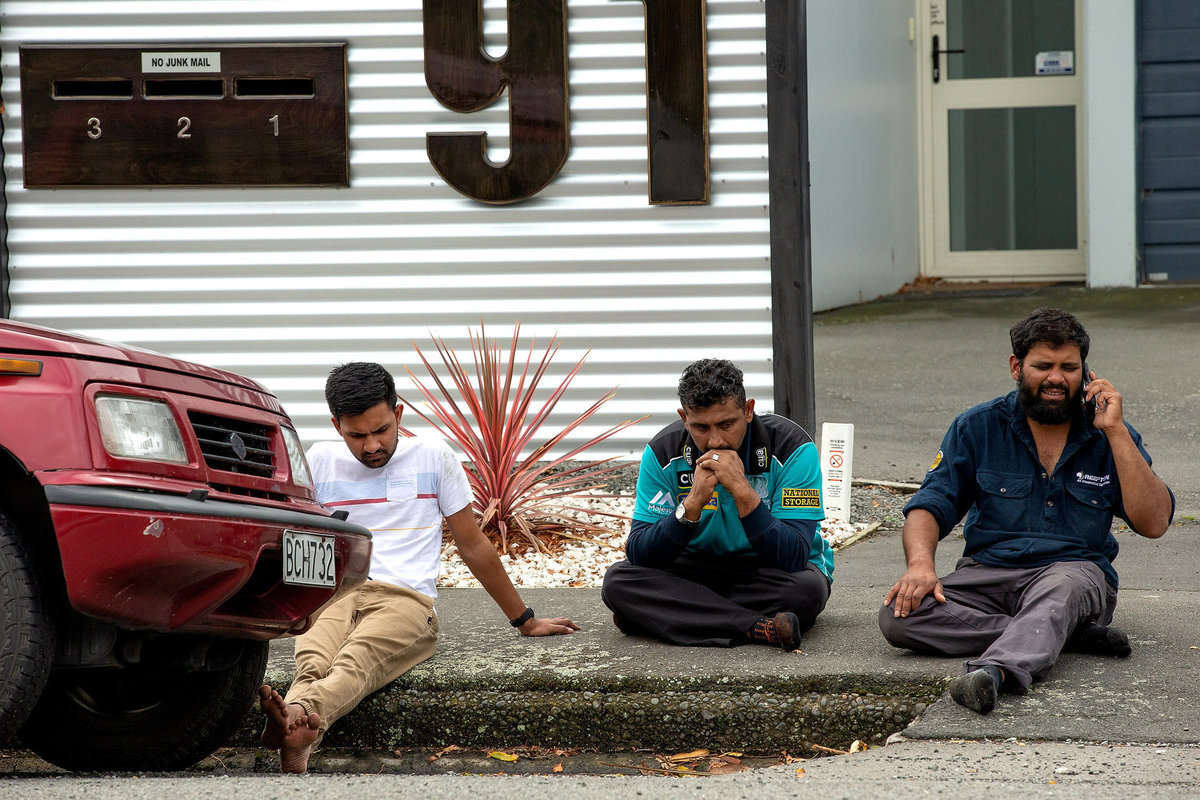West should be alert to supremacist terror: Editorial
chinadaily.com.cn | Updated: 2019-03-15 21:39

In what New Zealand Prime Minister Jacinda Ardern called "one of the country's darkest days", 50 people were killed and 50 wounded when a man attacked two mosques in Christchurch, New Zealand, on Friday.
Indiscriminately killing innocent people, including children, seemingly with aim of creating an "atmosphere of fear" and to "incite violence" against a particular group is a typical terrorist act, and all who are righteous-minded should condemn such violence.
On Saturday, Ardern pledged to reform the country's relaxed gun laws, as the police investigation shows the attacker was a licensed gun owner. True, New Zealand's private firearm ownership rate — about one firearm per three people in contrast with one in eight in Australia — is among the highest in the world. But only focusing on the reform of gun laws may cure the symptoms, not the disease.
That a man identified as a suspect in the Christchurch mosque attacks published a manifesto outlining his motivations in which he espoused far-right and anti-immigrant ideology, and said New Zealand was not the original choice for the attack, indicates that it is not just the New Zealand government that has to be on high alert. Terrorism is a common enemy of the whole world, so all countries have to be attentive to any potential hostile divisions in society.
This time, as they have been on occasions before, Muslims were the targets. But hatred and prejudice are on the rise among many disaffected groups in countries around the world, with their grievances nurtured by a sense of exclusion from the wider society.
The attacks in New Zealand are only the latest testimony to the social and ideological splits that have become evident in Western countries. If they continue to indulge anti-immigration and anti-Muslim sentiments and allow intolerance and ethno-nationalism to ferment, such violent acts will only become more frequent, especially since the attacks were broadcast live on social media via wearable cameras attached to the attackers.
It is the first time terrorists resorted to livestreaming to maximize the impact of their behavior. And although the brutal killings look more like a video game, with millions of people circulating the videos, the attackers message of hatred has spread around the world almost simultaneously along with their crimes, and there will no doubt be those willing to emulate the attacks.
That the attackers were from "within" mainstream society makes it more difficult for conventional anti-terrorism mechanisms to function well, as they are designed to identify inbound attackers.
Such attacks expose the inability of governments to spot and prevent harmful information from spreading on the internet, and the urgent need for countries to work together to avoid the internet from being harnessed by evil forces.
And it is not enough to put terrorists behind bars; more needs to done to identify and address the underlying issues that fuel terrorism and extremism.
























